Wisconsin Capitol Police decline to investigate leak of state Supreme Court abortion order
Citing a conflict of interest, Wisconsin State Capitol Police have declined to investigate the June leak of a state Supreme Court draft order, and Chief Justice Annette Ziegler says she is pursuing other options related to the matter.
Associated Press
August 12, 2024
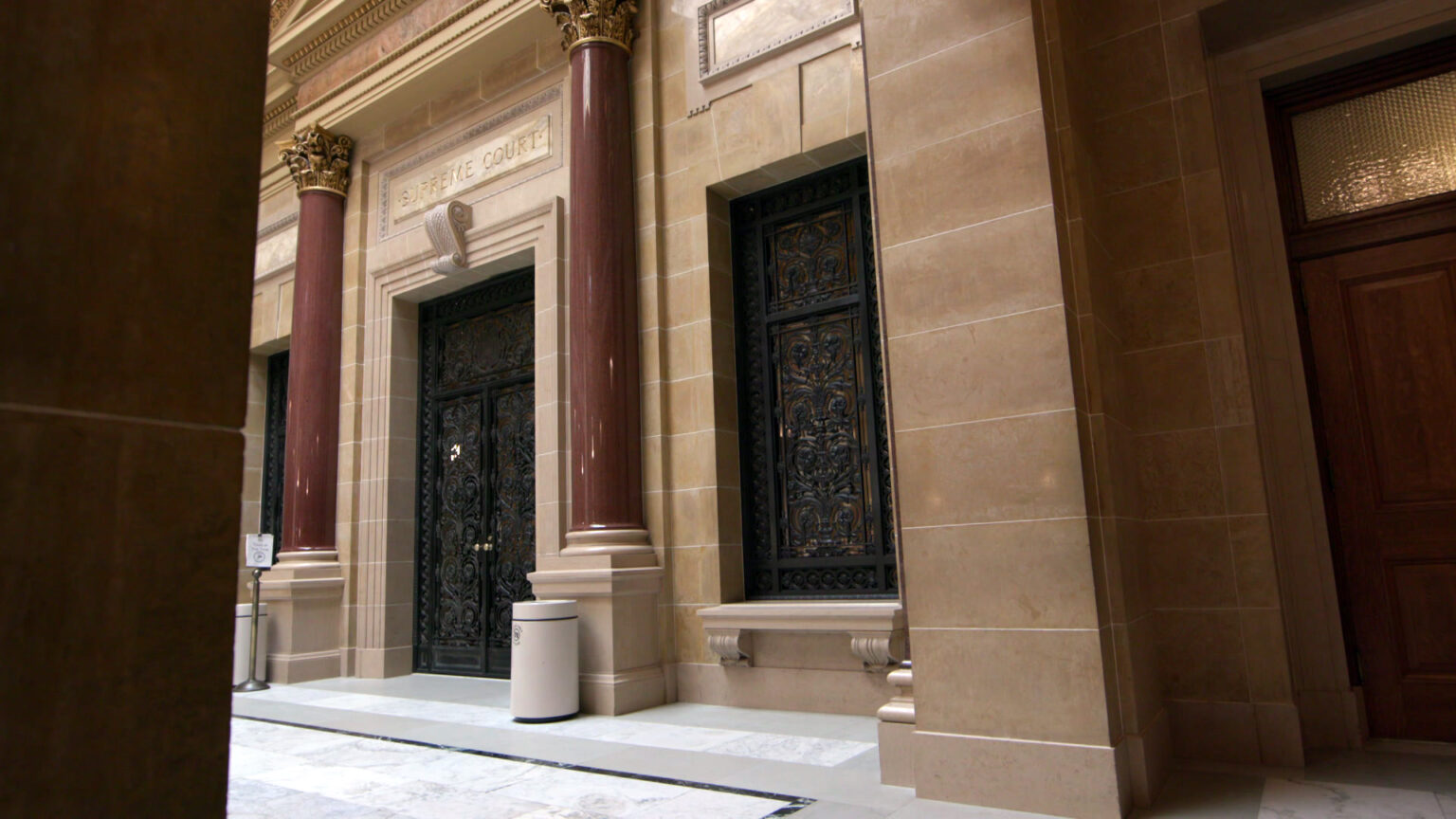
Doors to the Wisconsin Supreme Court's chambers in the State Capitol are closed on July 11, 2022. The Wisconsin State Capitol Police have declined to investigate the June 2024 leak of a draft order from the court, citing a conflict of interest. (Credit: PBS Wisconsin)

MADISON, Wis. (AP) — Wisconsin Capitol Police have declined to investigate the leak of a state Supreme Court abortion order in June citing a conflict of interest, but the court’s chief justice told The Associated Press she is pursuing other options.
Chief Justice Annette Ziegler told AP via email on Aug. 8 that she continues “to pursue other means in an effort to get to the bottom of this leak.” She did not respond to messages on Aug. 12 and the previous week asking what those other means were. Other justices also did not return a request for comment on Aug. 12.
Ziegler called for the investigation on June 26 after the leak of a draft order that showed the court would take a case brought by Planned Parenthood that seeks to declare access to abortion a right protected by the state constitution. A week after the leak, the court issued the order accepting the case.
The draft order, which was not a ruling on the case itself, was obtained by online news outlet Wisconsin Watch.
Ziegler said in June that all seven of the court’s justices — four liberals and three conservatives — were “united behind this investigation to identify the source of the apparent leak. The seven of us condemn this breach.”
Ziegler told AP last week that the justices asked State Capitol Police to investigate the leak. That department is in charge of security at state office buildings, including the Capitol where the Supreme Court offices and hearing chamber are located. The police are part of Democratic Gov. Tony Evers’ administration.
That created a “clear conflict” given the governor’s “significant concern about outcome of the court’s decisions in addition to being named parties in several matters currently pending before the Wisconsin Supreme Court,” Evers’ administration spokesperson Britt Cudaback said.
Evers is not a party to the case where the order was leaked, but he has been outspoken in his support for abortions being legal in Wisconsin.
Cudaback said Capitol Police had a conflict because any investigation “will almost certainly require a review of internal operations, confidential correspondence, and non-public court documents and deliberations relating to any number of matters in which our administration is a party or could be impacted by the court’s decision.”
However, Cudaback said Evers’ administration agreed there should be a thorough investigation “and we remain hopeful the Wisconsin Supreme Court will pursue an effort to do so.”
Ziegler noted that unlike the U.S. Supreme Court, the state Supreme Court does not have an independent law enforcement agency that can investigate.
Investigations into the inner workings of the Wisconsin Supreme Court are rare and fraught.
In 2011, when Justice Ann Walsh Bradley accused then-Justice David Prosser of choking her, the Dane County Sheriff’s Department led the investigation. That agency took over the investigation after the chief of Capitol Police at the time said he had a conflict. But Republicans accused the sheriff of having a conflict because he was a Democrat who endorsed Bradley.
The Sauk County district attorney acted as special prosecutor in that case and declined to bring charges.
The leaked order in June came in one of two abortion-related cases before the court. The court has also accepted another case challenging the 1849 abortion ban as too old to enforce and trumped by a 1985 law that allows abortions up to the point when a fetus could survive outside the womb.
Oral arguments in both cases are expected in the fall.
 Passport
Passport




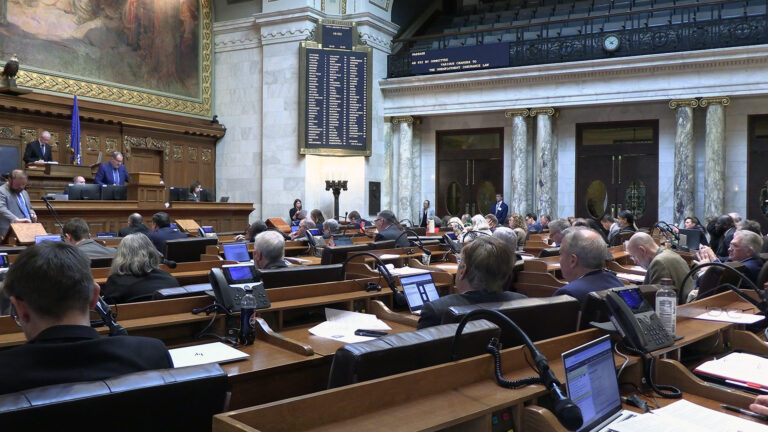

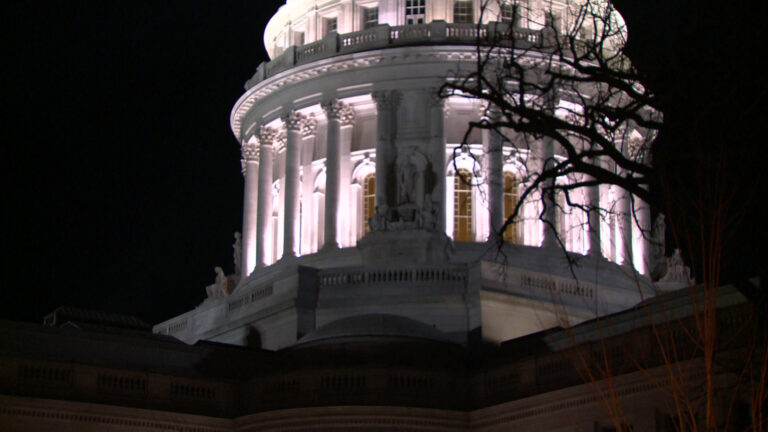
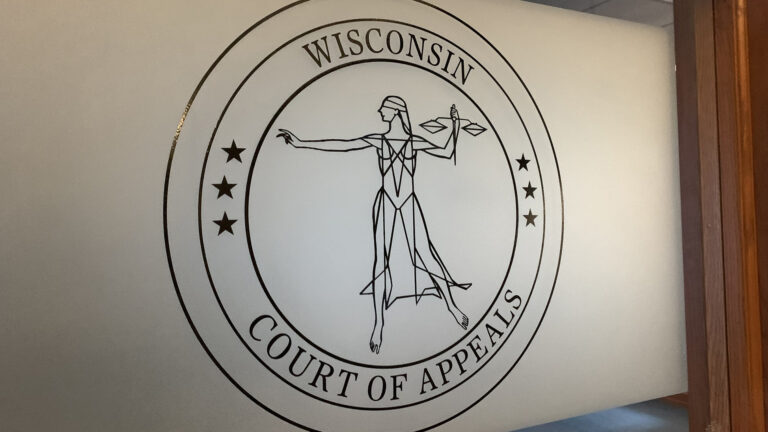
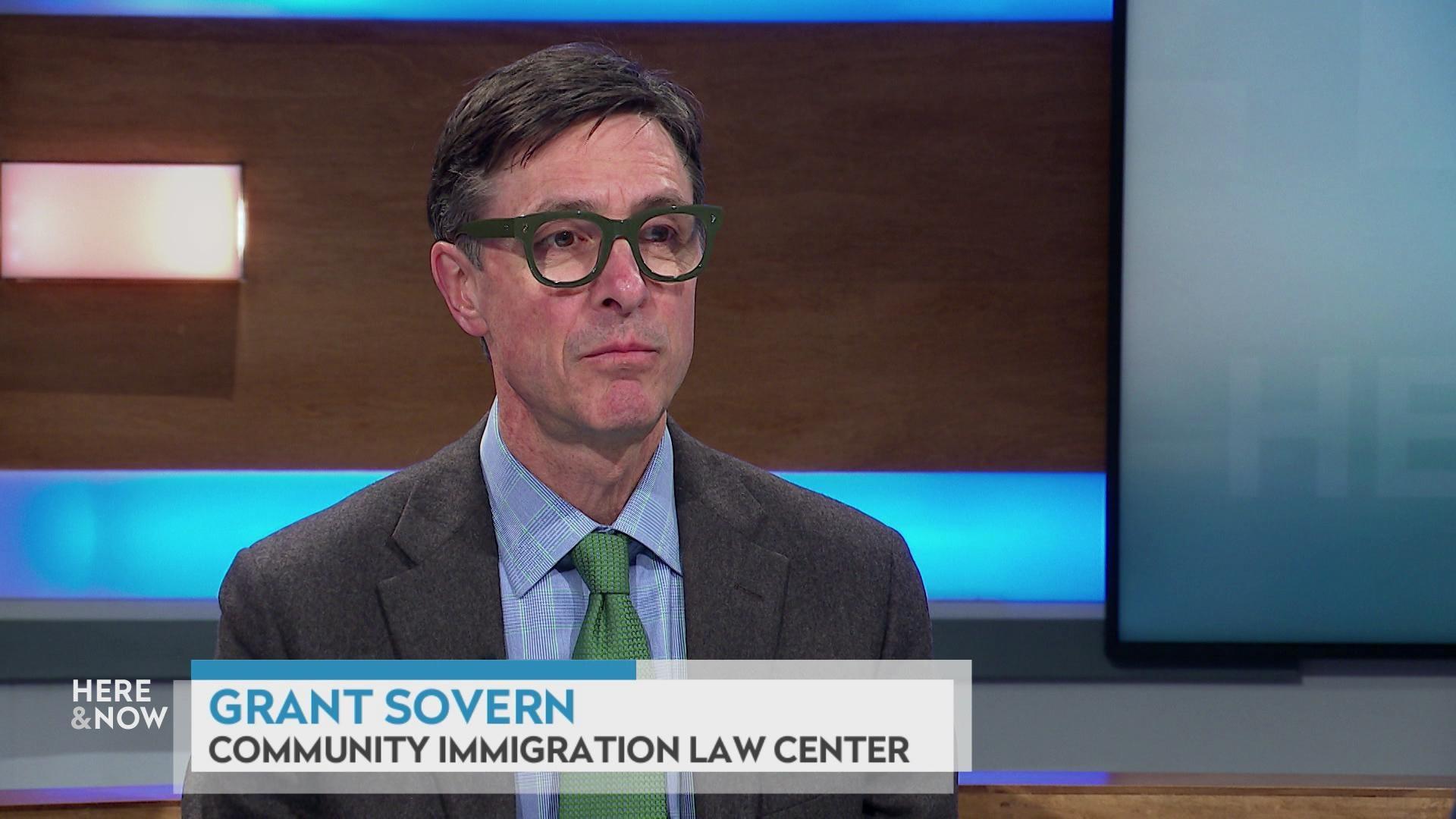
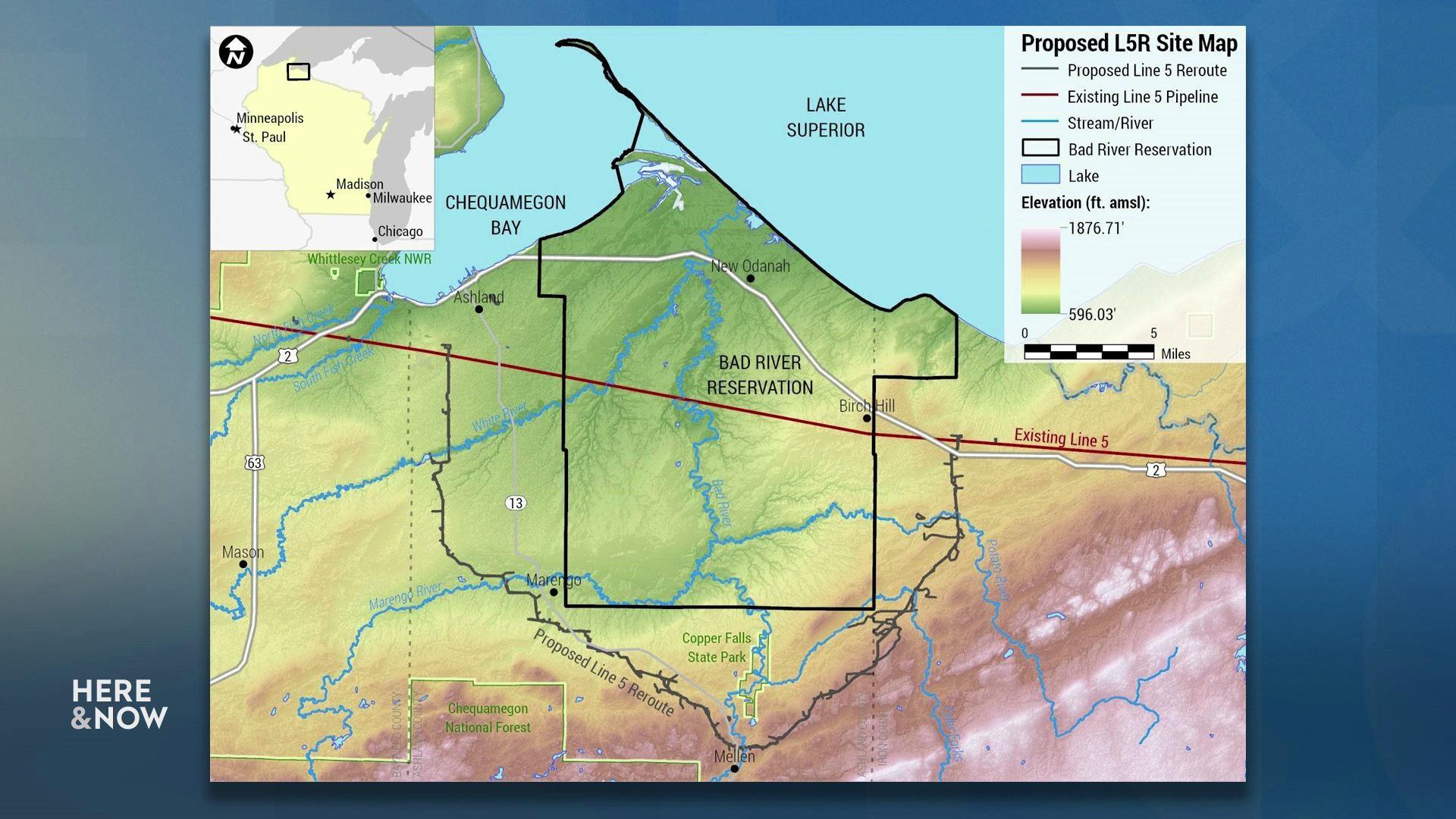

Follow Us